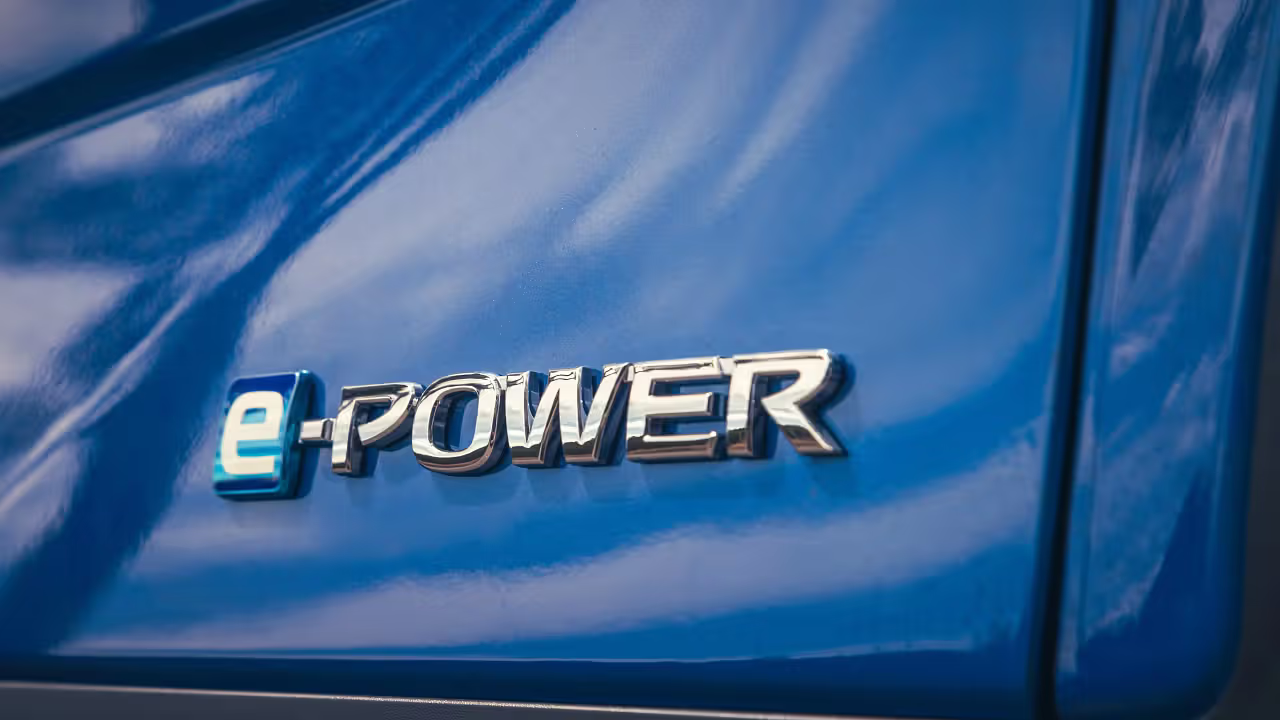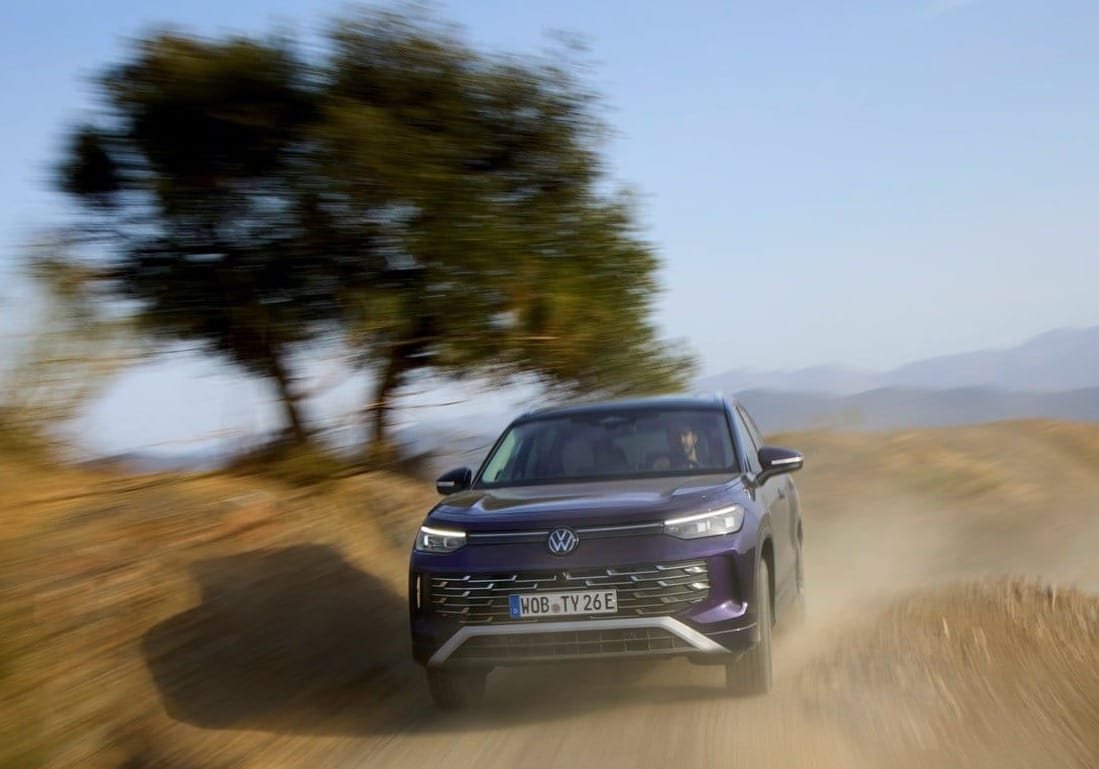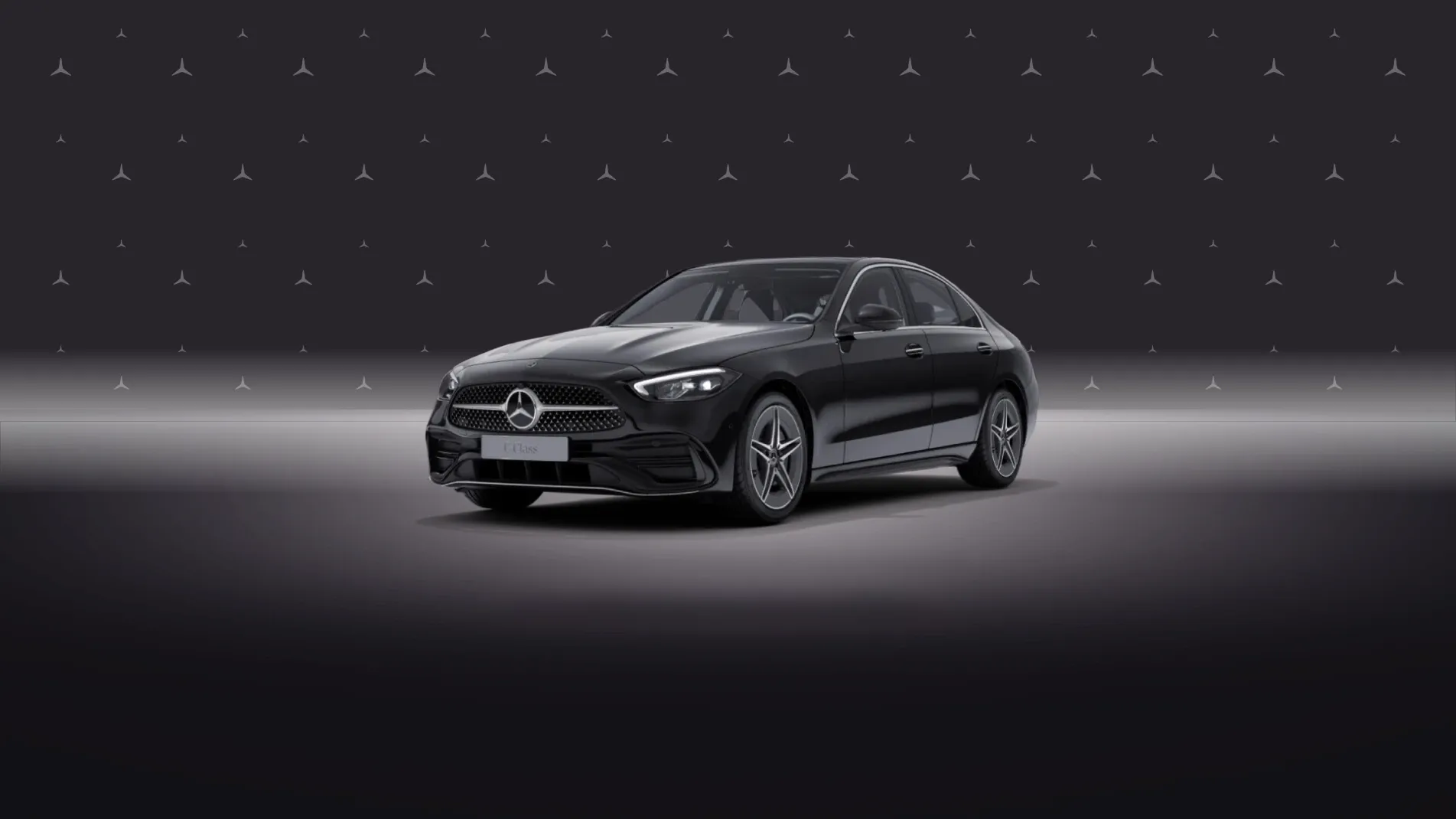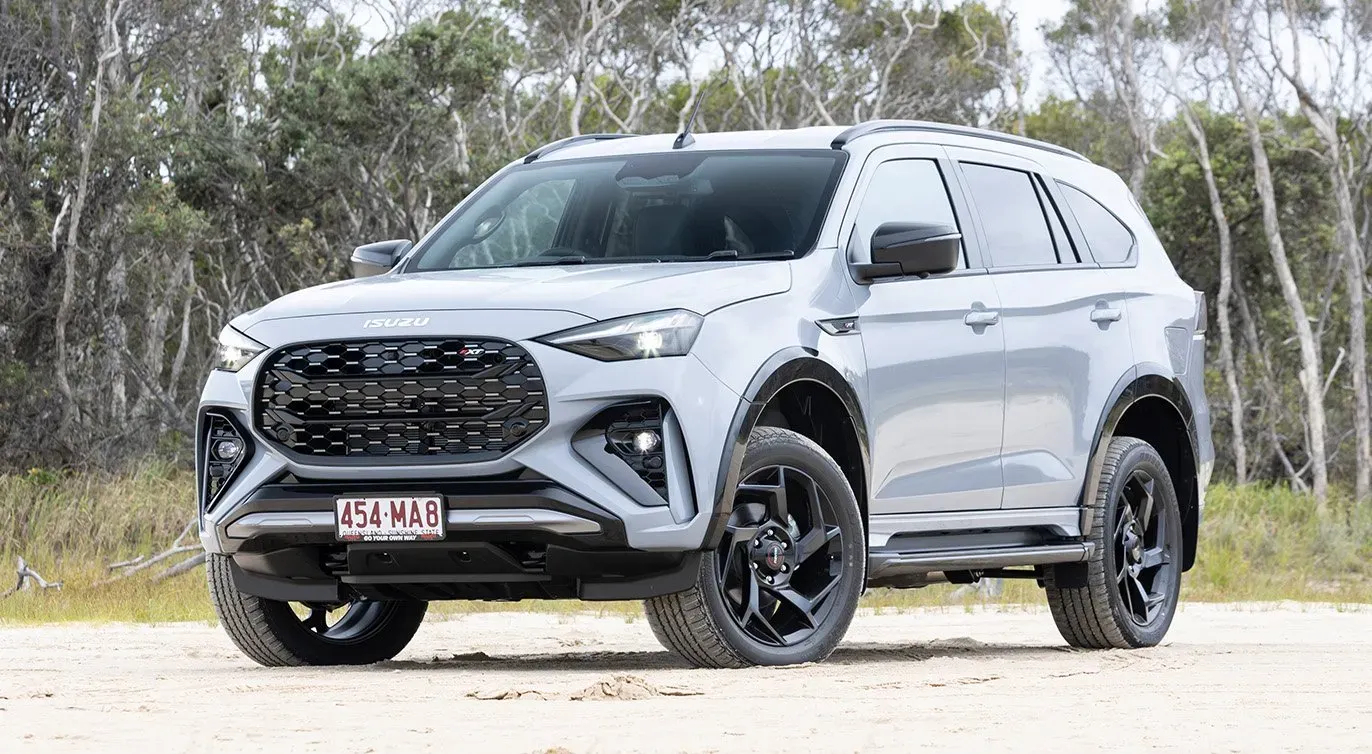Nissan is strategically positioning itself to capture a larger share of the hybrid vehicle market, traditionally dominated by Toyota, as it prepares to launch its e-Power technology. This move comes in response to declining sales and the growing demand for fuel-efficient vehicles in an increasingly eco-conscious consumer landscape.
- Market Challenges:

- Nissan reported a 3% decline in unit sales from April to June 2024.
- The lack of hybrid options has hindered Nissan's competitiveness, especially against Toyota and Honda, which have seen increased hybrid sales.
- Toyota's Market Dominance:
- Toyota holds approximately 60% of the global hybrid market share.
- Popular models like the RAV4 and CR-V hybrids have contributed significantly to Toyota's success.
- Nissan's e-Power Technology:
- Set to launch in the U.S. by 2026, e-Power uses an electric motor for propulsion while a gasoline engine acts as a generator.
- This technology aims to provide an efficient and responsive driving experience, appealing to eco-conscious consumers.
- Financial Implications:

- Nissan's operating profits have dropped by 99%, largely due to the absence of hybrid offerings.
- Increased spending on sales incentives has been necessary to improve inventory turnover rates.
- Strategic Shift:
- Nissan plans to introduce new gasoline-powered models alongside its entry into the hybrid market.
- This dual strategy aims to enhance competitiveness and cater to consumer preferences for fuel-efficient vehicles.
Nissan's upcoming e-Power technology represents a crucial opportunity for the brand to reclaim market share from Toyota and other competitors in the hybrid segment. By aligning its offerings with consumer demand for fuel efficiency, Nissan hopes to reverse its recent sales downturn and strengthen its position in the automotive market.
As Nissan embarks on this significant transition, the success of its e-Power technology will be vital in determining whether it can effectively compete against established leaders in the hybrid vehicle space and meet the evolving needs of today’s car buyers.ShareRewrite














